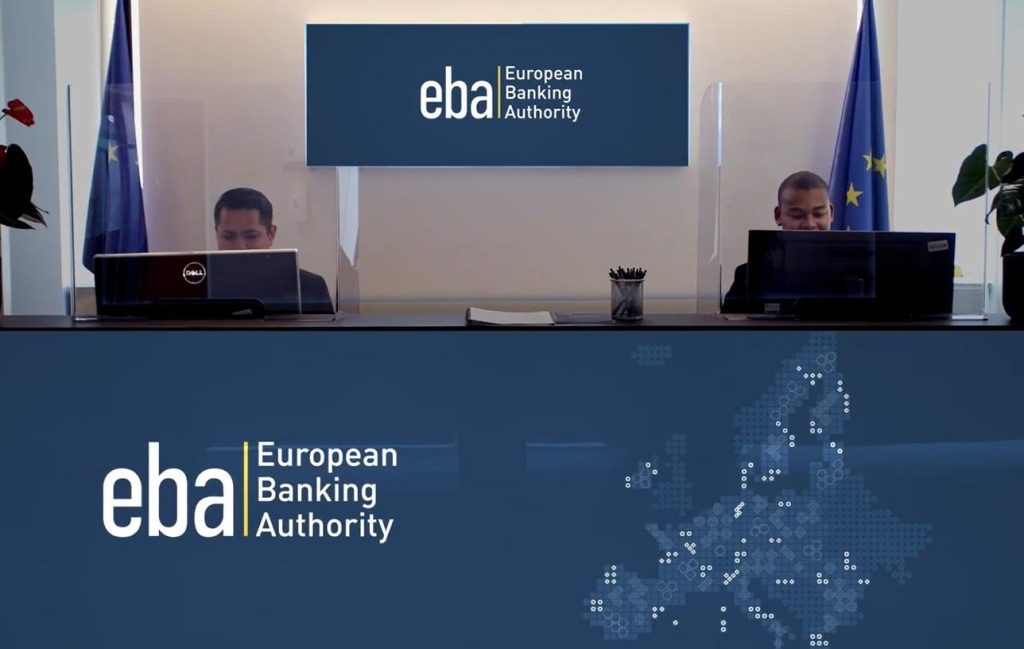EU banking supervisor The European Banking Authority (EBA) announced the publication of a no action letter, recommending that regulators not prioritize the enforcement of new ESG Pillar 3 disclosure requirements for banks, as it awaits clarity on the outcome of the European Commission’s Omnibus initiative to simplify sustainability reporting and compliance obligations.
The no action letter follows the publication by the EU in 2024 of a Banking Package (CRR3), which included changes to reporting requirements for banks beginning in 2025, including separate disclosure of environmental physical and transition risks, and their social and governance risks, total exposure to fossil fuel sector entities, and disclosures on how institutions integrate the identified ESG risks in their business strategy and processes, and governance and risk management.
The banking package also extended the scope of ESG risks-related disclosures from only large institutions to all institutions, in areas such as environmental physical risks and transition risks.
In February 2025, however, the European Commission launched its Omnibus I initiative, aimed at significantly reducing the sustainability reporting and regulatory burden on companies, with proposals for major changes to a series of regulations including the Corporate Sustainability Reporting Directive (CSRD), the Corporate Sustainability Due Diligence Directive (CSDDD), as well as the Taxonomy Regulation, and the Carbon Border Adjustment Mechanism (CBAM).
The no action letter also comes as the EBA is in the process of evaluating its own proposed amendments to the banking package reporting requirements, also made in light of the EU’s simplification initiative.
According to the EBA, the developments ongoing in the Omnibus initiative and its own proposed amendments are expected to have “a direct impact on the structure and content of ESG risk-related disclosures” under its banking package requirements, specifically due to changes in the EU Taxonomy, as well as the updates to the CSRD. The no action letter comes as there is still uncertainty regarding the final outcome of the Omnibus initiative on these regulations, and on how it will impact the EBA’s disclosure requirements, the agency added.
The EBA noted specifically timing challenges with the application of the banking package in light of the ongoing regulatory uncertainty, which could create situations institutions could potentially be subject to conflicting disclosure requirements, such as the Taxonomy’s Green Asset Ratio, or create a “disproportionate compliance burden” on smaller institutions which may be required to comply with disclosure obligations for the first time, which could change considerably once the Omnibus is finalized.
The EBA stated:
“The EBA remains committed to delivering a coherent and streamlined ESG disclosure framework and will continue to work closely with EU institutions and stakeholders to ensure smooth implementation of the new requirements.”

